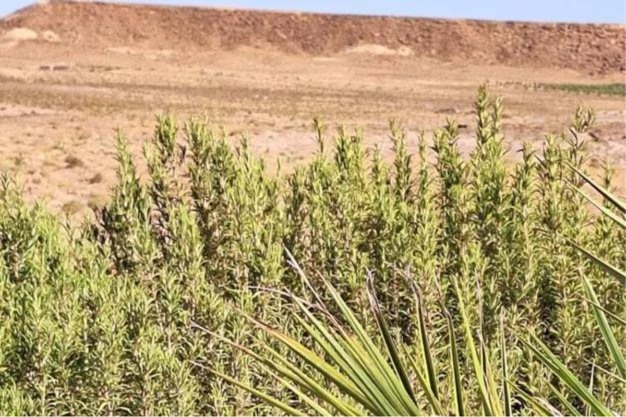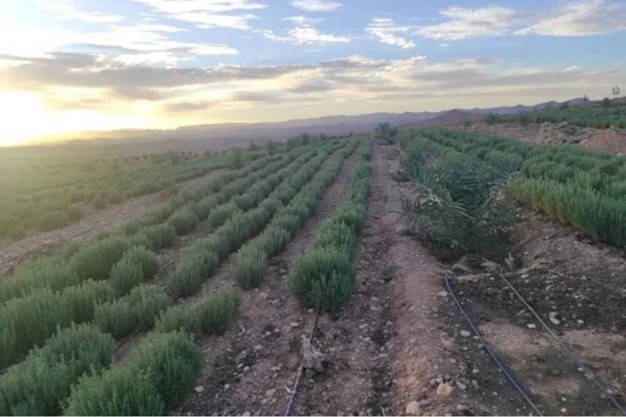After a considerable delay, the awarding of wild-grown rosemary harvesting contracts in Morocco is proceeding in several regions of the country, although some regions will not participate this season. This is reported by Mehdi Benchekroun, owner of Les Domaines Mehdi Bencherkoun.

"The drought we have been experiencing for a long time in Morocco, as in other Mediterranean countries, has delayed the regeneration of the plants. This has also happened in other rosemary-exporting countries such as Tunisia. The situation is further complicated by the authorities' decision that there will be no harvesting in certain regions to allow the plants to regenerate," explains Benchekroun.
Adverse weather conditions have also affected the quality, adds Benchekroun. "We are seeing shorter plants than usual and a paler colour. Naturally, the rosemary this year will have a lower consistency in acids, such as carnosic acid, which is in demand in the food and pharmaceutical industries."

"This was expected," continues Benchekroun. "We have anticipated this by relying less on wild-grown plants in the forests and increasingly on cultivated and irrigated plantations. Several rosemary plantations have been established this year in Morocco. I myself have started production in the Ouarzazate region, with selected varieties of rosemary desirable for botanical extraction and others for oil extraction. We will also assist our clients in this difficult season with sourcing wild-grown rosemary that meets their standards and needs, which requires on-the-ground work given the irregularities marking the season and disparities from one region to another."
"Constant drought and aridity are prompting this temporary switch from wild-grown to cultivated and irrigated rosemary, in the hope of a rapid return to normality and sufficient rainfall", concludes Benchekroun.
For more information:
Mehdi Benchekroun
Les Domaines Mehdi Benchekroun
Tel: +212661214337
Email: [email protected]
